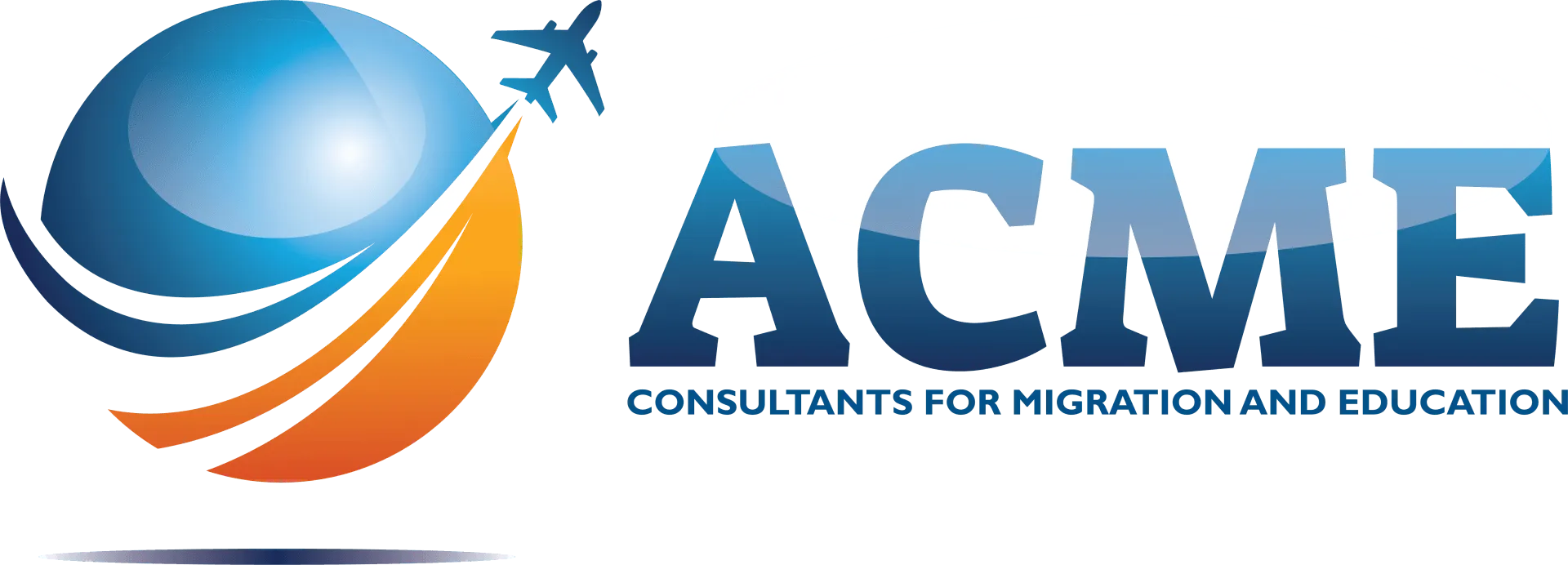Learn about Canada’s 2025 revisions to its foreign student regulations, such as modifications to study permits, work hour restrictions, and PGWP eligibility. Keep yourself updated and make plans!

Are you currently navigating your academic career as an international student or are you planning to study in Canada? Although new revisions to the International Student Program (ISP) offer substantial changes for 2025, Canada remains a top student destination globally.
These improvements, which were introduced by Immigration, Refugees and Citizenship Canada (IRCC), are intended to improve program integrity, expedite procedures, and guarantee equity. From new application guidelines to changes in work permit eligibility, this guide provides important developments that international students should be aware of.
1. Revised Post-Graduation Work Permit (PGWP) Eligibility
Effective Date: November 1, 2024
PGWP eligibility has been reinterpreted in light of the study program and the timing of study permit applications.
For Study Permit Applications Submitted On or After November 2024:
University Graduates (Bachelor’s, Master’s, Doctoral Degrees):
- Language Requirement: Minimum CLB 7 (English) or NCLC 7 (French) in all language skills
- Field of Study: No restrictions
Graduates of Other University Programs:
- Language Requirement: Minimum CLB 7 (English) or NCLC 7 (French)
- Field of Study: Limited to high-demand areas
College Graduates and Other Programs:
- Language Requirement: Minimum CLB 5 (English) or NCLC 5 (French)
- Field of Study: Restricted to programs addressing long-term labor shortages
Eligible Fields of Study:
Programs aligned with in-demand occupations include:
- Healthcare
- STEM (Science, Technology, Engineering, Math)
- Trades
- Transportation
- Agriculture and Agri-food
It is recommended that students confirm their eligibility by looking up their program’s Classification of Instructional Programs (CIP) code.
2. Updated Off-Campus Work Hour Limits
Effective Date: November 2024
Previously limited to 20 hours per week, students can now work off-campus up to 24 hours during academic sessions. This adjustment encourages a healthy balance between acquiring job experience and academics.
3. Discontinuation of PGWP Border Applications (Flaplings)
Effective Date: June 21, 2024
PGWP applications at the border (also known as “flaplings”) are no longer available to international students. Applications must now be made online or through Canada’s standard immigration procedures.
4. Termination of the Student Direct Stream (SDS)
Effective Date: November 2024
To encourage equity and lessen vulnerabilities, the Student Direct Stream (SDS) and Nigeria Student Express (NSE) programs have been discontinued.
5. Changes to Spousal Open Work Permit Eligibility
Effective Date: 2024
Spousal open work permits are now exclusively available to spouses of international students participating in university professional degree programs. Programs that qualify include:
- Dentistry
- Medicine
- Law
- Pharmacy
- Optometry
- Veterinary Medicine
- Nursing
- Education
- Engineering
In order to satisfy the demands of the Canadian labor market, this strategy encourages the admittance of competent workers.
6. New Rules for Study Permit Applications at Ports of Entry
Effective Date: December 23, 2024
Applications for study permits are no longer accepted at ports of entry in Canada. Important modifications consist of:
- Online applications are required.
- Until their permit is granted, students on maintained status who depart Canada are unable to return to school.
Impact of the New Rules
1. Enhanced Academic Focus:
A better balance between work and school obligations is ensured by the expansion of the hours that are allowed for work.
2. Alignment with Labor Market Needs:
Updated qualifying requirements motivate students to enroll in programs that are in high demand, increasing their chances of finding employment after graduation.
3. Strengthened Oversight:
Fairness is improved and inefficiencies are decreased with new application procedures.
Preparing for 2025 Changes
- Plan Ahead: Ensure your program aligns with the updated eligibility criteria.
- Apply Early: Submit online applications for permits and extensions to avoid delays.
- Seek Guidance: Consult educational advisors or immigration experts for tailored advice.
Final Thoughts
These modifications demonstrate Canada’s dedication to maintaining an equitable, open, and efficient immigration system. Although they may seem difficult, the changes are meant to improve the experience of international students and better match education with the needs of the labour market.
Canada continues to be a top choice for overseas students because it offers fair opportunities and high-quality education. To maximise your academic and professional path in 2025, be informed and establish strategic plans.

